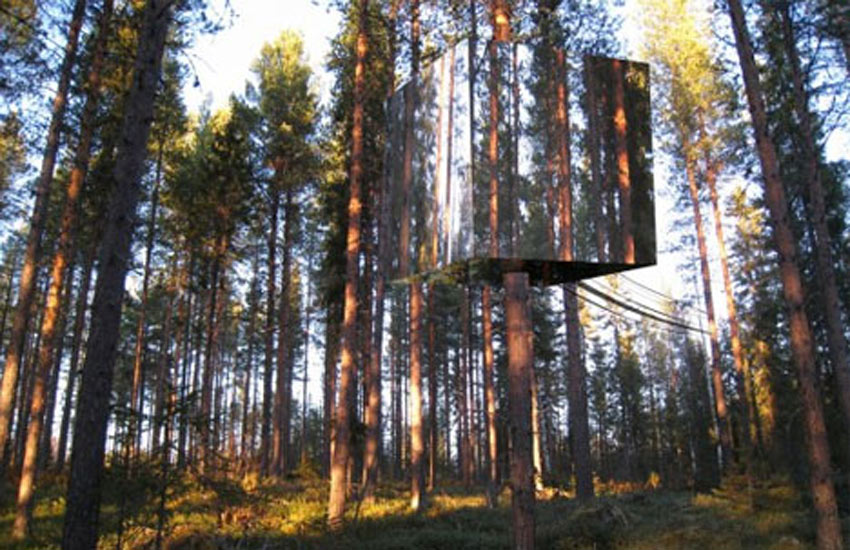HOT LOCATIONS
Reiterating the points of Sita and Blackall, Shivpuri and Chraibi are keen to drive home the point that the location and market conditions are the prime considerations for investors and operators.
So which countries in MENA, and which hotel sectors, offer the most opportunity waiting to be unlocked? Top of the list for several panelists was Morocco, with one of the country forums at AHIC specifically focused on the country and another focused on North Africa.
Kingdom of Morocco Minister of Tourism and Handicraft HE Yassir Zenagui and Moroccan Tourism Development Agency (SMIT) chief executive officer Omar Bennani will be representing the country, which has been highlighted by Jones Lang LaSalle Hotels as one of the ‘hottest markets’ for 2010.
This was reiterated by North Africa session speaker Philippe Doizelet, director of Horwath HTL, who commented: “Since launching a new strategic plan in 2001, Morocco has successfully pursued an ambitious partnership between private operators and the government, and focused on creating an investment environment with limited land cost, an open sky policy and no customs tax on equipment.
This has attracted hotel operators such as Accor, InterContinental Hotels Group and Starwood Hotels and Resorts and going forward there is no doubt that Moroccan hotel investment remains an attractive prospect. I think one of the key emerging themes is developments mixing hotels and privately owned residences.”
Total visitor numbers grew to 8.35 million in 2009, and Zenagui said that Morocco aimed to realise a growth of 10% on this in 2010.
“We have a strong desire to focus on sustainable tourism, with environmental awareness and a high quality tourism product,” he added.

Advertisement
Chraibi also pinpointed Morocco as “one of the most attractive destinations in Africa” but warned that investors need to “remain sharp”, with “an acute knowledge of the industry and the region”.
Blackall predicted that “tourism growth in North Africa and Syria will be strong over the next decade”, but advised investing in “the largest economies in the region — Saudi Arabia and Egypt”.
“Both countries have opportunities for lodging development in the three to four-star categories. Lebanon is in need of renovated top-end and midscale product,” he said.
As well as the need for diversification in certain markets, there is also a need for a focus on mixed-use projects that offer a variety of asset classes to suit a variety of investors — a strategy adopted by IFA.
Sita said: “Each of our hotel developments in Dubai, all but one of which is on the Palm Jumeirah, features the management of a five-star operator and offers hotel rooms, hotel condominiums, a private residence club and serviced residential units”.
The company is also seeking to find appropriate sites and partners to build the Yotel brand, of which it is a majority owner, across the region.
And despite speculation in overseas media that the Dubai hotel market has crashed, the experts remained positive in their outlook for the emirate.
Blackall said: “Dubai has established itself as a regional business and tourism centre; conditions will gradually improve and the future is bright for Dubai”.









 Search our database of more than 2,700 industry companies
Search our database of more than 2,700 industry companies









